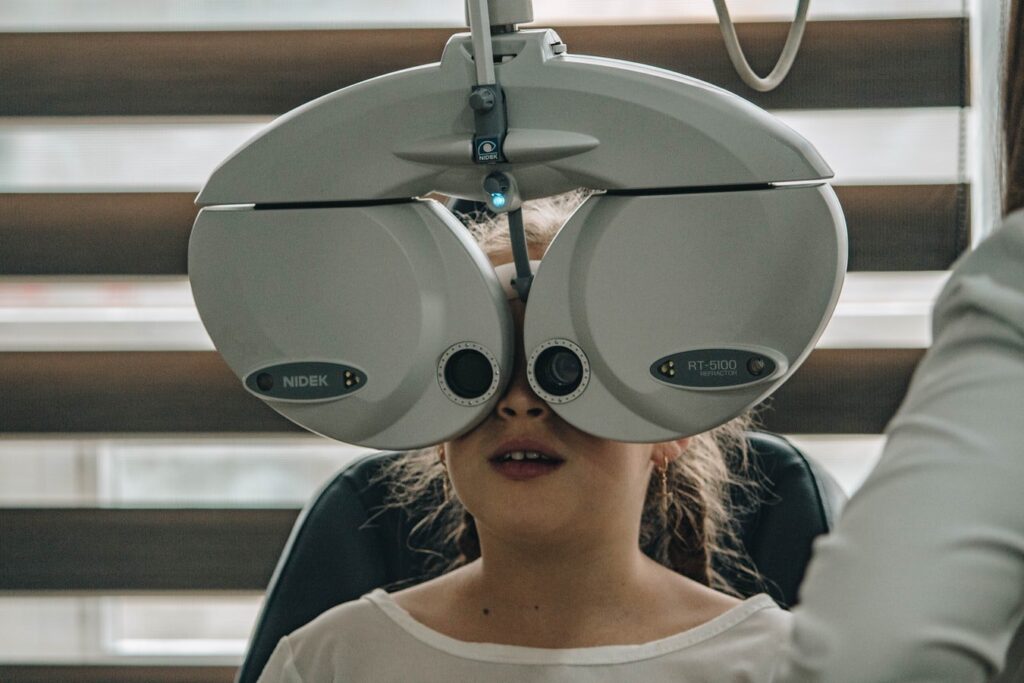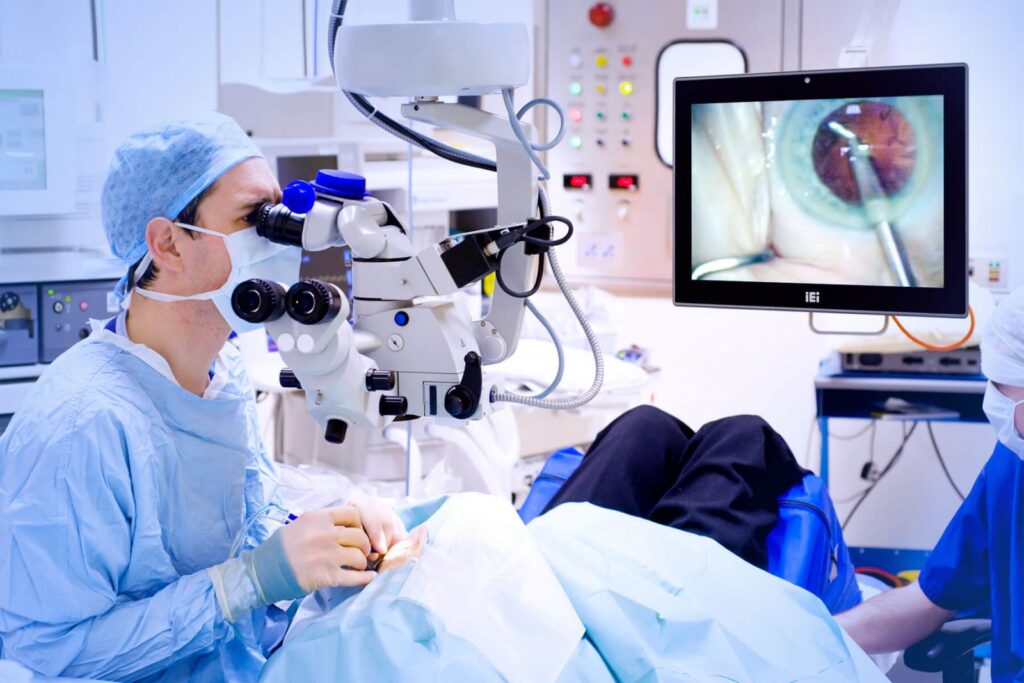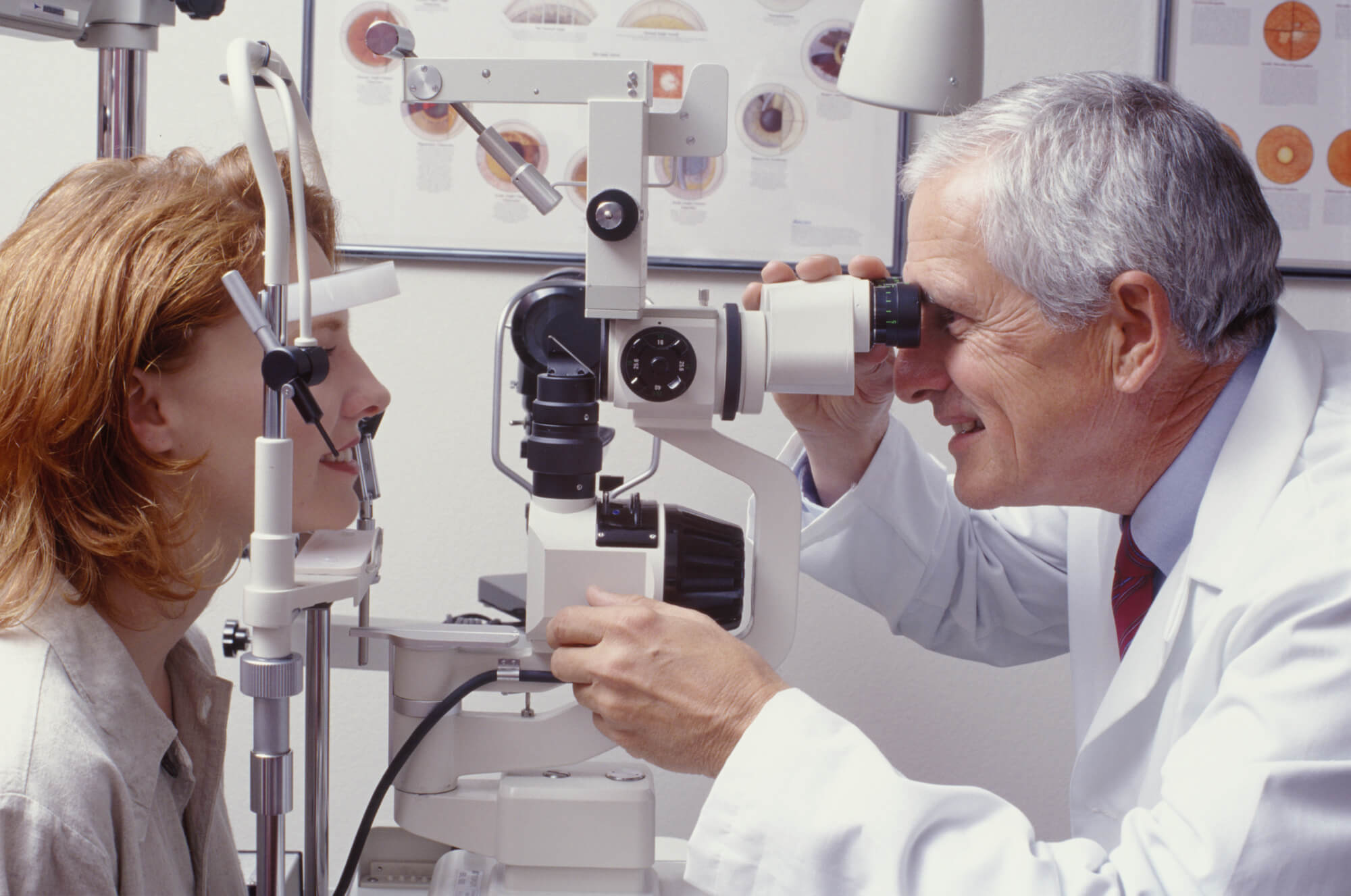Cataracts affect millions of people worldwide, causing blurred vision and difficulty with daily activities. Fortunately, cataract surgery is a highly effective treatment option that can restore clear vision and improve quality of life. However, proper care before and after surgery is crucial for a successful recovery. Understanding the procedure and following the necessary precautions can greatly enhance your healing process and overall outcome.
Understanding Cataract Surgery
Cataract surgery is a common and highly effective procedure that is performed to improve vision in individuals with cataracts. Cataracts occur when the natural lens of the eye becomes cloudy, causing blurry vision and difficulty seeing clearly. Fortunately, cataract surgery offers a solution by removing the cloudy lens and replacing it with an artificial intraocular lens (IOL).
The procedure itself is typically performed on an outpatient basis, meaning that patients can go home the same day. One of the most commonly used techniques for cataract surgery is called phacoemulsification. During this technique, the surgeon makes a small incision in the eye and uses ultrasound energy to break up the cataract into small fragments. These fragments are then gently suctioned out, making way for the placement of the IOL.
One of the great advantages of phacoemulsification is that it allows for a quick recovery time. In fact, many patients experience improved vision almost immediately after the surgery. The procedure itself usually takes only about 15-20 minutes to complete, although patients should plan to spend a few hours at the surgical center to allow for pre-operative preparations and post-operative monitoring.

What is Cataract Surgery?
Cataract surgery is a highly specialized surgical procedure that aims to restore clear vision in individuals with cataracts. Cataracts are a natural part of the aging process and can develop slowly over time. They can also be caused by other factors such as trauma, certain medications, or underlying medical conditions.
During cataract surgery, the cloudy lens is carefully removed and replaced with an artificial lens, known as an intraocular lens (IOL). The IOL is designed to mimic the natural lens of the eye, allowing light to properly focus on the retina and restore clear vision. The surgery is typically performed one eye at a time, with a few weeks in between surgeries to allow for proper healing.
While cataract surgery is generally a safe and effective procedure, it is important to consult with an experienced ophthalmologist to determine if it is the right option for you. Your doctor will evaluate your overall eye health, discuss the potential risks and benefits, and help you make an informed decision about the best course of treatment.
The Importance of Proper Care Before and After Surgery
Proper care before and after cataract surgery is crucial for ensuring a successful outcome and minimizing the risk of complications. Before the surgery, your surgeon will provide you with specific instructions to follow in order to optimize your health and reduce potential risks.
Preparing for cataract surgery involves scheduling and planning for the procedure. This may include arranging for transportation to and from the surgical center, as you will not be able to drive immediately after the surgery. It is also important to inform your surgeon about any medications you are taking, as some may need to be temporarily discontinued prior to the surgery. Read about The Benefits of Modern Cataract Surgery and What to Expect by visiting https://healingsourcemed.com/the-benefits-of-modern-cataract-surgery-and-what-to-expect/
After the surgery, it is important to follow your surgeon’s post-operative instructions carefully. This may include using prescribed eye drops to prevent infection and promote healing, avoiding strenuous activities that could strain the eyes, and wearing protective eyewear as recommended. Your surgeon will also schedule follow-up appointments to monitor your progress and ensure that your eyes are healing properly.
By taking proper care before and after cataract surgery, you can greatly increase the likelihood of a successful outcome and enjoy improved vision for years to come.
Preparing for Cataract Surgery
Scheduling and Planning for Your Surgery
Once you and your surgeon have decided on the best course of action for your cataract surgery, the next step is to schedule the procedure. Be sure to choose a date and time that works best for you and allows enough time for pre-operative preparations. Your surgeon’s office will provide you with detailed instructions on when to arrive and any special dietary or medication restrictions before surgery.
Preparing for the surgery involves more than just scheduling it. There are several important factors to consider to ensure a successful and smooth procedure. One of the first things to think about is the location of the surgery center. It’s essential to choose a facility that is reputable and equipped with the latest technology for cataract surgery. Researching different centers and reading reviews can help you make an informed decision.
Another crucial aspect of preparing for cataract surgery is understanding the procedure itself. Take the time to educate yourself about what to expect during the surgery, including the steps involved and the potential risks and complications. This knowledge will help alleviate any anxiety or concerns you may have and allow you to have a more active role in your own healthcare.

Essential Pre-Surgery Care Tips
In the days leading up to your surgery, it is essential to take a few important steps to ensure a smooth procedure and optimal recovery. Your surgeon may recommend specific guidelines, but some common pre-surgery care tips include:
- Discontinue certain medications, such as blood thinners, as advised by your surgeon.
- Avoid eating or drinking anything after midnight before your surgery, unless instructed otherwise.
- Arrange transportation to and from the surgery center, as you will not be able to drive immediately after the procedure.
- Follow any additional instructions provided by your surgeon regarding skincare and eye drop usage.
Discontinuing certain medications before surgery is crucial to minimize the risk of excessive bleeding during the procedure. Your surgeon will provide you with a list of medications that need to be stopped and the recommended timeframe for doing so. It’s important to follow these instructions precisely to ensure your safety.
Additionally, fasting before surgery is necessary to prevent complications during the procedure. When you eat or drink, your stomach produces digestive juices that can potentially enter your lungs while under anesthesia. This can lead to serious respiratory problems. By following the fasting instructions provided by your surgeon, you are taking a proactive step in safeguarding your health.
Transportation arrangements are another essential aspect of preparing for cataract surgery. Since you will not be able to drive immediately after the procedure, it’s crucial to have someone accompany you to the surgery center and take you home afterward. This person should be a responsible adult who can ensure your safety and provide any necessary assistance during the initial recovery period.
Lastly, your surgeon may provide additional instructions regarding skincare and eye drop usage. These instructions are designed to optimize your healing process and minimize the risk of infection. It’s important to carefully follow these guidelines to ensure the best possible outcome for your cataract surgery.
The Day of the Surgery
What to Expect on Surgery Day
On the day of your cataract surgery, arrive at the surgery center at the designated time. It is important to arrive on time to ensure a smooth and efficient process. As you enter the surgery center, you will be greeted by friendly staff members who will guide you through the necessary paperwork and preparations.
Once you have completed the paperwork, you will be asked to remove any jewelry or accessories and change into a surgical gown. This is done to ensure a sterile environment and minimize the risk of infection during the procedure. The surgical team will provide you with a secure place to store your personal belongings.
After changing into the surgical gown, you will be escorted to the operating room. The operating room is a sterile environment where the surgery will take place. The room will be well-lit and equipped with state-of-the-art surgical instruments and monitoring equipment.
Once in the operating room, you will be positioned comfortably on a reclining chair or bed. The surgical team will ensure that you are in a relaxed and comfortable position before the procedure begins. They will also provide blankets or pillows to enhance your comfort.
Anesthesia will be administered to ensure your comfort during the procedure. The type of anesthesia used will depend on your specific needs and the recommendation of your surgeon. The anesthesia will be carefully monitored throughout the surgery to ensure your safety and well-being.
Immediate Post-Surgery Care
After the surgery is complete, your surgeon will provide specific instructions for immediate post-operative care. It is essential to follow these guidelines to promote healing and minimize the risk of complications. Your surgeon and the nursing staff will be available to answer any questions or concerns you may have.
Some common instructions may include:
- Gently apply prescribed eye drops as directed. These eye drops are designed to reduce inflammation and prevent infection. It is important to follow the prescribed schedule and dosage to ensure optimal healing.
- Avoid touching or rubbing your eyes. Touching or rubbing your eyes can introduce bacteria and increase the risk of infection. It is important to resist the urge to touch or rub your eyes, even if they feel itchy or irritated.
- Wear protective eyewear, such as a shield or sunglasses, as recommended. Your surgeon may provide you with a protective shield or sunglasses to wear after the surgery. These will help protect your eyes from accidental bumps or exposure to bright light.
- Rest and avoid strenuous activities for a few days. It is important to give your eyes time to heal after the surgery. Resting and avoiding strenuous activities will help prevent complications and promote a smooth recovery.
Following these instructions will greatly contribute to the success of your cataract surgery and ensure a speedy recovery. It is important to attend all follow-up appointments with your surgeon to monitor your progress and address any concerns that may arise. Remember, your surgeon and the entire surgical team are dedicated to providing you with the best possible care and support throughout your journey to clearer vision.
Post-Cataract Surgery Care
Home Care Tips for Post-Surgery Recovery
Once you have completed the immediate post-operative period, you will continue your recovery at home. Following these home care tips can facilitate a smooth healing process:
- Strictly adhere to your eye drop schedule as prescribed by your surgeon.
- Avoid activities that could cause injury to your eye, such as bending over, heavy lifting, or participating in contact sports.
- Protect your eyes from bright lights and excessive sunlight by wearing sunglasses.
- Avoid swimming or exposing your eyes to water for a few weeks after surgery.
Follow-Up Appointments and Long-Term Care
Regular follow-up appointments with your surgeon are essential to monitor your progress and address any concerns. These appointments allow your surgeon to ensure proper healing and evaluate the success of the surgery. Additionally, long-term care may involve periodic eye exams to assess your vision and the health of your eyes, even after the initial recovery period.
Potential Complications and How to Address Them
Common Post-Surgery Complications
While cataract surgery is generally safe and successful, there can be some potential complications. It’s important to be aware of these complications and any warning signs that warrant medical attention. Some common post-surgery complications may include:
- Inflammation or infection
- Increased eye pressure
- Swelling or retinal detachment
- Issues with the artificial lens
When to Seek Medical Attention
If you experience any sudden, severe pain or a significant change in vision, contact your surgeon immediately. Other signs that require prompt medical attention include excessive redness, persistent eye discharge, or a noticeable decrease in vision quality.
In summary, comprehensive care before and after cataract surgery is crucial for optimal recovery. By understanding the procedure, preparing appropriately, and following your surgeon’s instructions, you can maximize the chances of a successful outcome and enjoy improved vision and quality of life.

